CICTAR’s support for fiscal justice in Latin America: featured in ‘Caneta Crítica’, Brazil
Semi-annual, free, and aimed at university students, the Caneta Crítica is a Brazilian illustrated newspaper that responds to the idea that the economic discourse needs to be appropriated by people so that there can be conscious and proactive popular participation, the essence of democracy. In the most recent edition of the newspaper, CICTAR’s work for fiscal justice was highlighted on one page, entitled “The untouchables of money: Civil society denounces tax injustice and wages a battle against tax havens”.
The article outlines three recent initiatives to tackle fiscal abuse and make sure the rich pay their fair share. The first is the OECD proposal for the creation of a global minimum income tax of 15% for corporations, which was hailed as a major step forward and endorsed by more than 140 countries and territories and implemented by more than 50 in 2024.
The second is the new Australian law on transparency for multinationals operating in the country, requiring companies with annual revenues of $10 million or more to publicly report taxes paid, profits and financial data in a wide list of tax havens.
The third case is the report by CICTAR in partnership with Colombian unions and Public Services International (PSI), looking into the state-owned electricity company Isagen, which was privatized in 2016, and subsequently came to be controlled by the Canadian investment fund Brookfield. Since them the company has slashed investments in the country’s infrastructure and seems to be using loans with tax havens to drive money away from Colombia. The report reveals how aggressive tax planning strategies work in reality and with this data, the unions are pressuring the company and the government f0r better working conditions and to make sure multinationals increase their tax contributions in the country.

